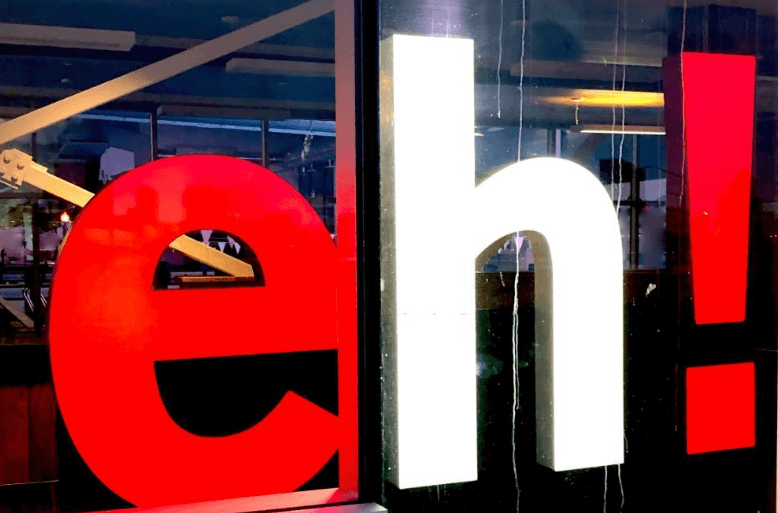Canada, known for its breath-taking landscapes, friendly people, and diverse culture, has a unique vocabulary that sets it apart from other English-speaking countries. Canadian slang and expressions are an essential part of the country’s identity and offer an exciting glimpse into the nation’s linguistic richness. As a student studying in Canada, understanding and using these colloquialisms can not only help you communicate better but also immerse yourself in the local culture. In this article, we’ll explore some of the most popular Canadian slang and expressions that every student should know.
1. Eh?
One of the most iconic Canadian expressions is “eh?” It is often used at the end of a sentence to seek agreement or confirmation. For example, “The weather is pretty chilly today, eh?” This simple word is deeply ingrained in Canadian speech and reflects the country’s friendly and inclusive nature.
2. Double Double
If you are a coffee enthusiast, you’ll undoubtedly come across the term “double double” when you visit a Tim Hortons, a famous Canadian coffee chain. It refers to a coffee with two creams and two sugars. Canadians take their coffee seriously, and ordering a double double has become a part of their cultural identity.
3. Loonie and Toonie
When dealing with Canadian currency, you’ll hear about “loonies” and “toonies.” A loonie refers to a one-dollar coin, featuring a loon on one side, while a toonie is a two-dollar coin. The quirky names for these coins add a touch of fun to the otherwise mundane act of handling money.
4. Tuque
A tuque (pronounced “toook”) is a knitted hat, commonly worn in Canada to keep warm during the cold winters. Embracing the use of a tuque is not only practical but also a fashion statement that blends seamlessly with the Canadian lifestyle.
5. Poutine
Poutine is a quintessential Canadian dish that originated in Quebec. It consists of French fries topped with cheese curds and smothered in gravy. Poutine has gained popularity across the country, and trying this delicious comfort food is a must for every student studying in Canada.
6. Runners
In Canada, “runners” are not just athletes but refer to a pair of casual sneakers or sports shoes. This term is commonly used in conversations about footwear and is a part of Canadian everyday lingo.
7. Chesterfield
Although less common nowadays, the term “chesterfield” is still used in some regions to refer to a sofa or couch. It’s an excellent example of Canadian English holding onto traditional British influences.
8. Toque
Similar to a tuque, a toque (pronounced “tuke”) is a brimless, knitted cap worn to keep the head warm in winter. The distinction between tuque and toque can vary regionally, but both are synonymous with staying cozy during the colder months.
9. Mickey
In Canada, a “mickey” is a small-sized bottle of hard alcohol, typically containing 375 ml. It’s a popular choice for individuals looking for a smaller amount of spirits for a casual gathering.
10. Bunnyhug
“Bunnyhug” is a term exclusively used in Saskatchewan to describe a hooded sweatshirt or hoodie. It’s a prime example of how Canadian slang can differ significantly across different provinces.
11. Canuck
The word “Canuck” is a colloquial term for a Canadian or someone of Canadian descent. It’s an endearing expression that reflects the pride Canadians have in their nationality.
12. Hang a Larry or Roger
When a Canadian says they’re going to “hang a Larry” or “hang a Roger,” they mean turning left or right, respectively. This informal and playful way of giving directions is an integral part of Canadian street lingo.
13. Hydro
In Canada, “hydro” refers to electricity or electric power. It comes from the days when hydroelectric power was the primary source of electricity generation.
14. Loonie Tunes
“Loonie Tunes” is a pun on the popular animated series “Looney Tunes” and refers to Canadian TV channels that broadcast content mainly in English.
15. Pop
While Americans might call it “soda” and the British refer to it as “fizzy drink,” Canadians simply call their soft drinks “pop.”
Conclusion
As a student in Canada, immersing yourself in the local culture and language can greatly enhance your overall experience. Learning these unique Canadian slang and expressions will not only help you communicate more effectively but also allow you to connect with Canadians on a deeper level. So, next time you’re on campus or exploring the country, embrace these linguistic gems and let them become a part of your Canadian adventure.
FAQs on Canadian Slang and Expressions Every Student Should Know
Is Canadian slang different across provinces?
Yes, Canadian slang can vary significantly from one province to another. Each region may have its own unique expressions and colloquialisms.
Are Canadian slang words widely accepted in formal settings?
While Canadian slang is commonly used in casual conversations, it’s best to avoid using it in formal or professional settings.
Why is the term “eh” so popular among Canadians?
“Eh” is a reflection of Canada’s friendly and inclusive culture. It helps foster a sense of camaraderie and agreement in conversations.
Are there any other popular Canadian dishes besides poutine?
Yes, besides poutine, some other popular Canadian dishes include butter tarts, Nanaimo bars, and maple syrup-infused delights.
Can I find Canadian slang in movies and TV shows?
Yes, Canadian slang and expressions are often featured in Canadian movies, TV shows, and comedies, offering a glimpse of the country’s unique linguistic flair.



